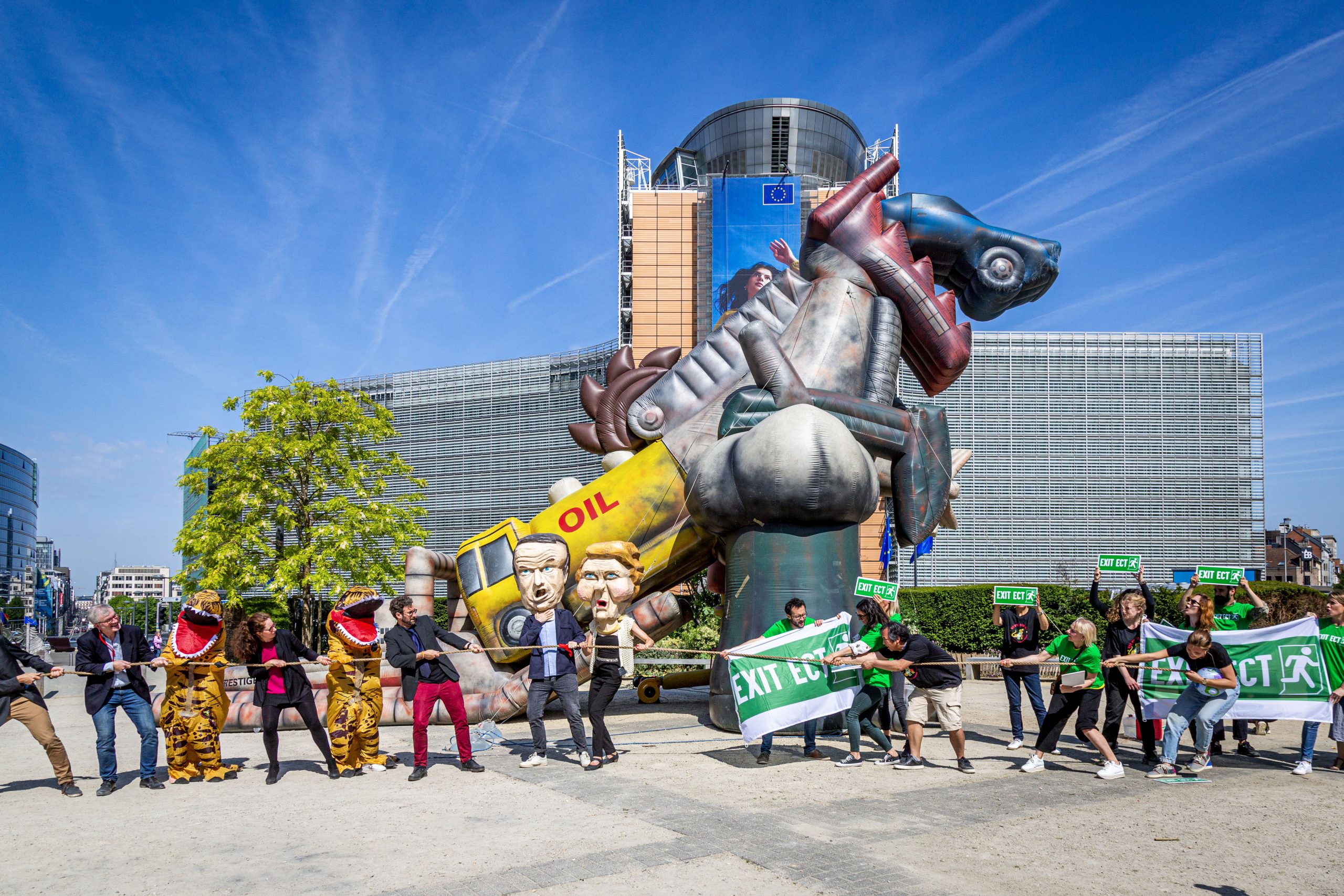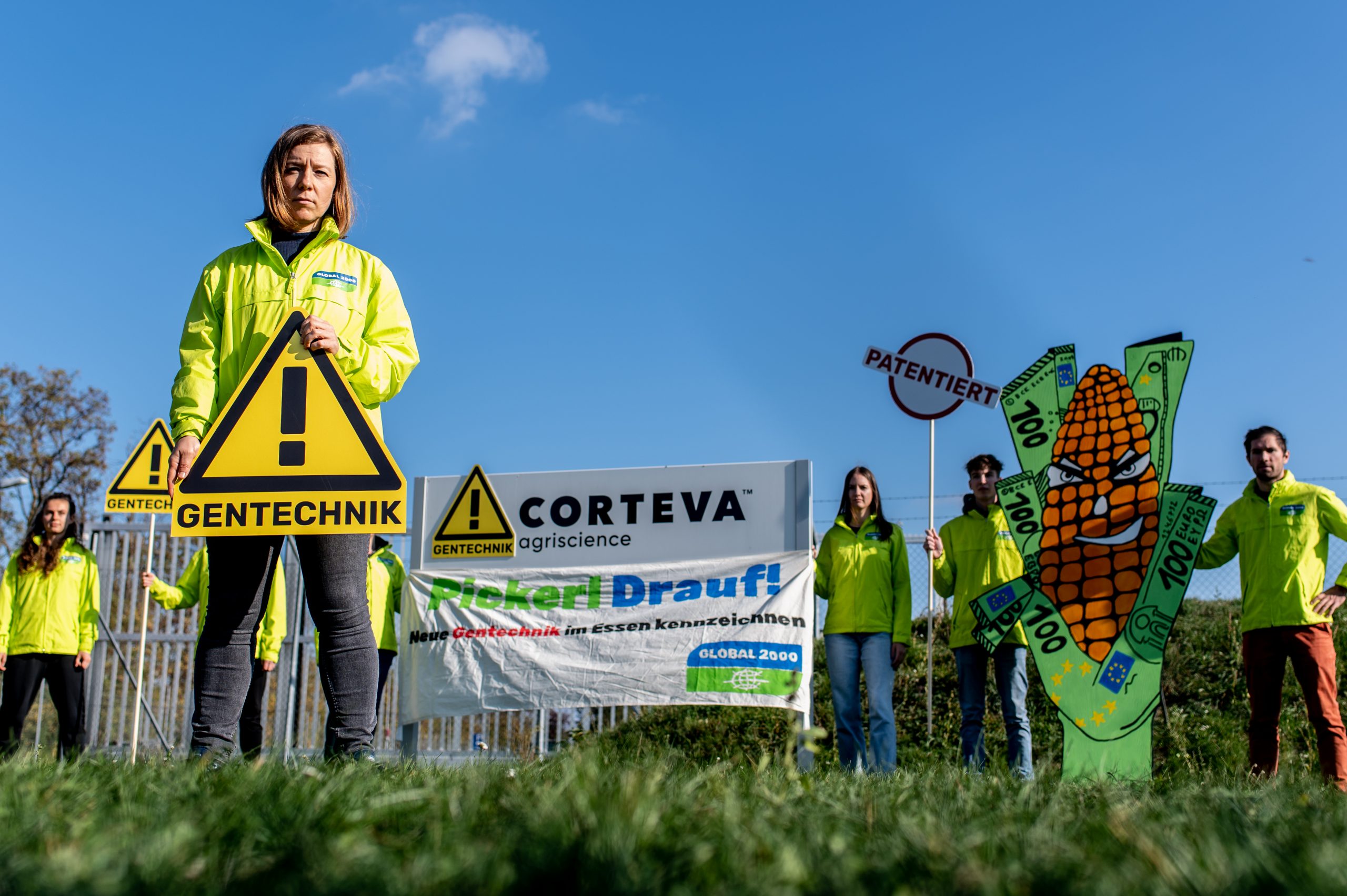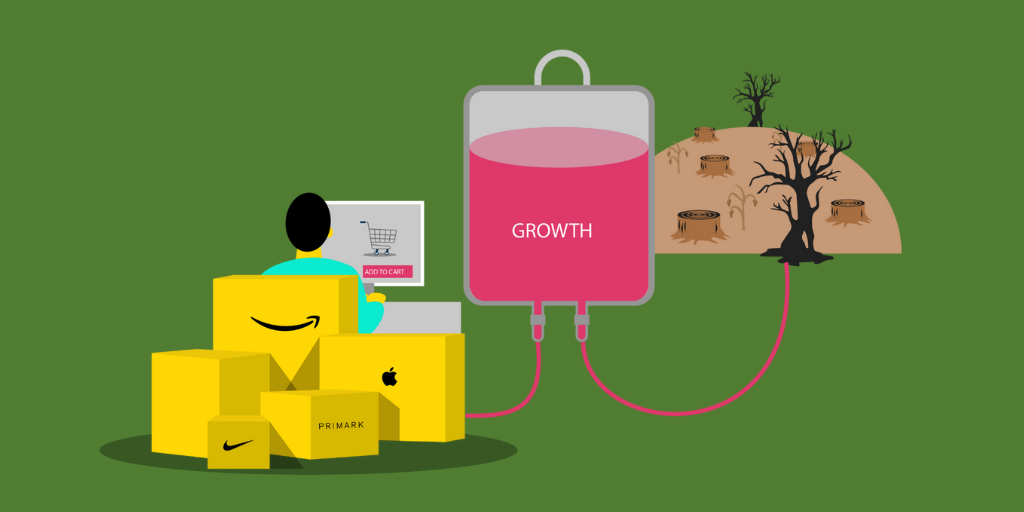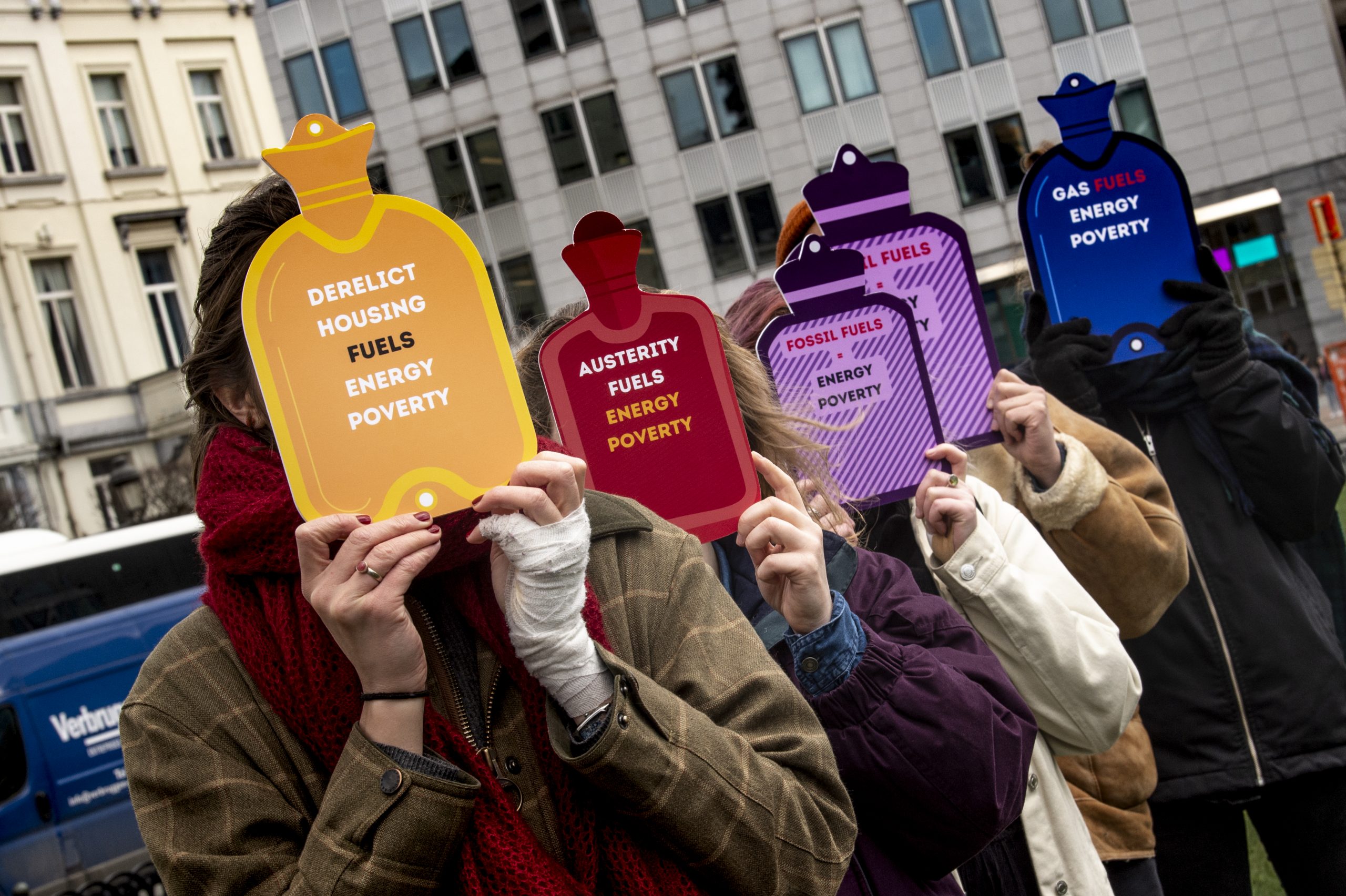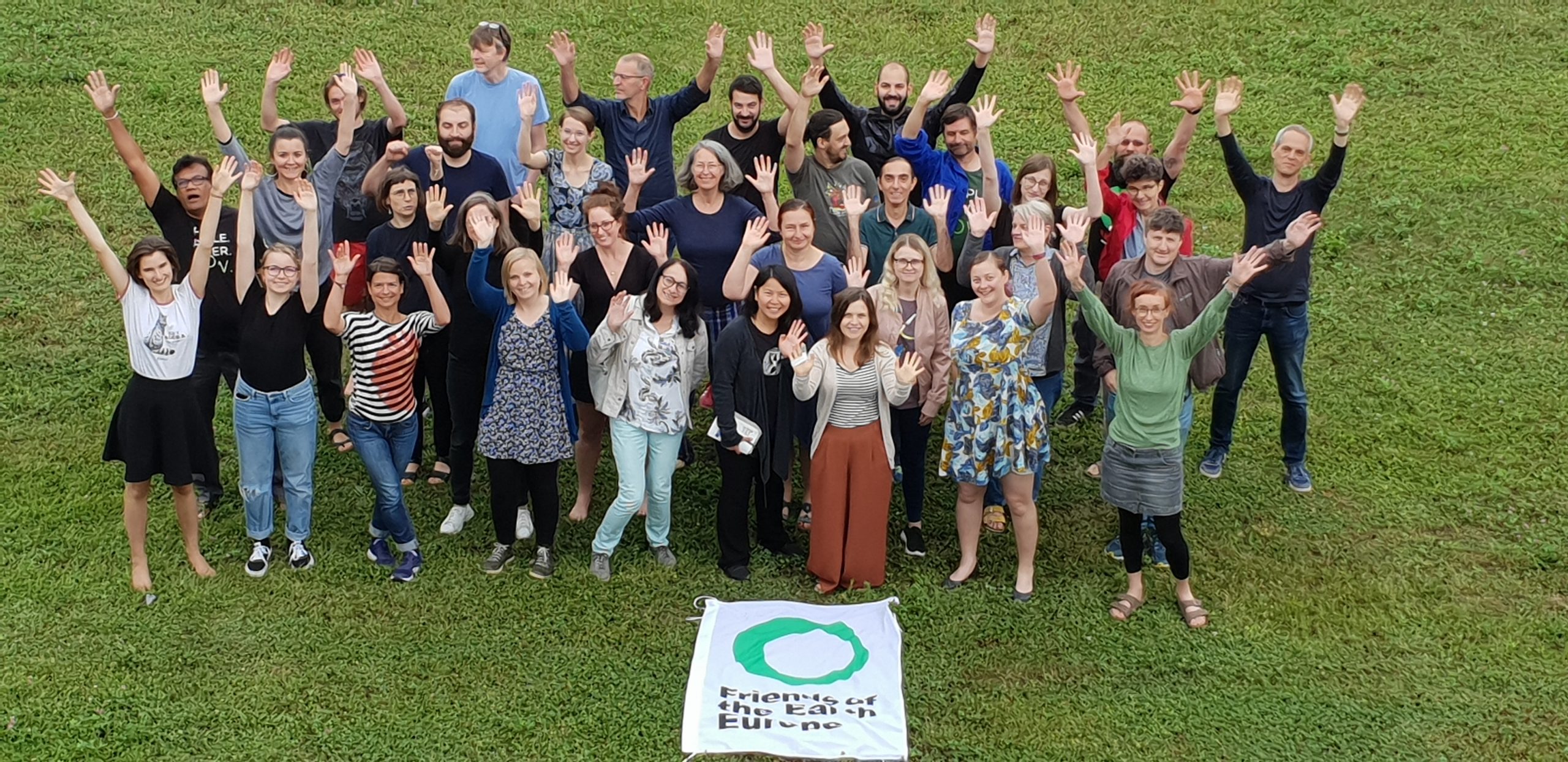At the beginning of 2022, I was hoping that the extraordinary circumstances of our work – caused by the pandemic – were behind us. Sadly, after the Russian attack on Ukraine, we were thrown into another extraordinary circumstance: war. The devastating impacts of the war are of course first and foremost borne by Ukrainians, and we stand in solidarity with them. However, the war also changed the context of our work and life: we witnessed a deflection of political attention, and entered a severe price crises on food and energy.
The war highlighted the existing fragility of our industrial food and farming system and escalated the global food price crisis. We have resisted false solutions of the agribusiness, when they have used the war to argue that boosting industrial food production and delaying environmental measures would salvage European food security.
The energy price crisis has pushed more people into energy poverty, and exacerbated their already hard reality. To fight energy poverty as part of the Right to Energy Coalition, we organised the Right to Energy Forum, with over 1,800 attendees debating actual solutions. The war aggravated the gas price, increasing the leverage of our anti-fossil fuel campaigning. Our report “LNG: The liquid path to climate chaos” responded to the gas industry’s and governments’ narratives around the need for massive LNG expansion and empowered the climate movement with facts and figures.
One major achievement in 2022 came from our campaign for countries to withdraw from the Energy Charter Treaty (ECT), as it undermines climate goals. We took a nine meter tall inflatable dinosaur representing the ‘prehistoric’ toxic ECT on a tour in nine European cities. The tour video has 17 000 views, and received broad mainstream media coverage. Following our campaign, seven EU Member states have decided to withdraw from the ECT and more are considering leaving.
2022 also marked the mid-point of the much-heralded European Green Deal (EGD), aiming to “reconcile the economy with our planet…to make it work for our people”. Currently, this vision is barely alive. The pandemic, the war and the interconnected crises have taken its toll – slowing down many legislative processes, and consuming politicians’ attention.
We were critical of the EGD package from the outset. The policy proposals remain moderate and far short of what’s needed to tackle the climate and ecological emergency. Fundamentally, the Green Deal does not recognise Europe’s historical responsibilities and locks in the exploitation of countries in the Global South which are already disproportionately affected by Europe’s colossal demand for natural resources. The deal does not constitute the step change that was promised – and that is desperately needed to bring our socio-economic system within planetary boundaries.
Our call for system change, which we have been driving for years, is more relevant than ever. If there is anything to be learned from the crises of the last couple of years, it is that we need to build a socio-economic system that provides for the needs of all people, built on policies that create equity and respect the Earth’s limits.
I believe that FoEE is uniquely positioned within the environmental movement in Europe to continue envisioning a sustainable and just Europe, and to propose the real solutions needed for making that vision reality, in Brussels as well as at national and local levels across our continent and in solidarity with people and communities around the world.




